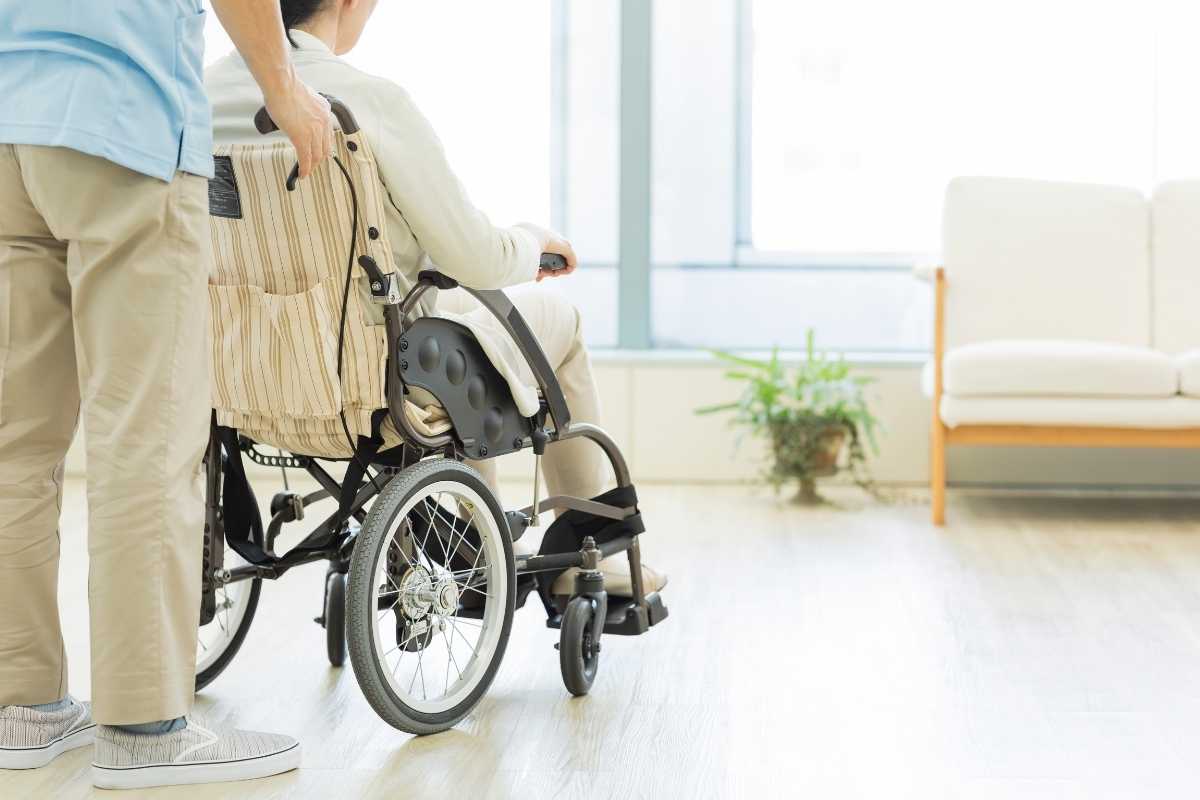Senior and traveling go well together for a reason. For seniors, traveling to a favorite city or an undiscovered place can offer an opportunity for rebirth, giving them something that they look forward to after an isolating, cold, and icy winter.
Traveling also forces seniors’ aging brains to exercise their cognitive skills by planning and staying focused. Because so many fraudsters target seniors, practicing safety precautions ahead of time while at home is one way to prepare their thought processes before traveling abroad.
Traveling for Seniors and Why Should They Travel
Travel Sharpens the Memory
Seniors have used their old routine for so many years that they could run through it on autopilot. However, dropping into a new environment engages a potentially dormant part of their mind and gets those synapses firing again.
A Shift in Seniors’ Perspective
Exposure to new cultures and people will significantly shift their paradigm and create a healthier perspective once they return home. Seeing different social classes creates compassion and makes them feel more blessed and content. “Nobody comes back from a journey the way they started it.”

A Chance for A Senior to Try New Things
Becoming well-rounded enhances their self-confidence and will help them find new material for conversation in social settings with a wider variety of people.
Meet New People
Other senior travelers always want to share experiences, give tips on places to go, and meet people from all over. Striking up a conversation with other travelers is extraordinarily easy. As a result, they may meet far more friendly people on the road than they will under ordinary circumstances at home.

Come Home Renewed
After stepping away from home for a while, they’ll return with renewed energy, a new set of mental filters, and ready to take on the next big project or challenge. Call it a “life reboot.”
BENEFITS OF SENIOR TRAVEL
- Seniors who take annual vacations are 32% less likely to die from heart disease, a leading cause of death.
- Seniors who take vacations at least twice a year are less stressed and less likely to experience depression.
- Three days of vacation can drastically lower stress levels, even after the holiday ends.
- Traveling abroad can make the senior traveler more open-minded and emotionally stable.
- Travel keeps seniors moving and active, often providing more opportunities to advance than staying home.
- Travel can increase confidence as senior travelers overcome fears and leave their comfort zone.
On and Before Traveling Tips for Seniors
Get Appropriate Vaccinations
The all-important first step is ensuring seniors are cleared for travel by their primary care doctor, especially if they are accommodating a health condition such as Alzheimer’s. In addition, before travel, seniors should be up-to-date on routine vaccines, such as measles, mumps, rubella (MMR), and seasonal flu. Some of these may be considered “childhood” vaccines, but the diseases they protect against are often more common in other countries.
Seniors should also receive other vaccines recommended for the countries they are visiting. These may include vaccines for hepatitis, polio, typhoid, or yellow fever. But, again, it’s essential to see a doctor before travel to assess and address any medical conditions that could hinder travel plans and determine whether vaccines are necessary.

Travel with Medications
Ask your senior’s doctor for specific travel tips and any necessary medications. In addition to medicines recommended for ease of travel, such as medications for altitude illness, malaria, or traveler’s diarrhea.
In addition to medicine prescribed specifically for travel, seniors are likely to take other medicines regularly, such as medication for high blood pressure, diabetes, or arthritis. Therefore, it’s essential to watch out for possible drug interactions between the medicines.
Request Assistance at the Airport
Senior citizens can request assistance at the airport from when they arrive to when they board. They can request help getting to the gate by asking at the check-in desk for a ride on a cart or assistance with a wheelchair. Seniors can also request assistance at security, where they may be able to go through a shorter line.

Request Airplane Boarding Assistance
Seniors requiring special assistance can board before other travelers through priority boarding. They can also request help from airport staff to get them to their seat and assist with stowing their bags or simply enjoy the ease of boarding before other passengers.
Travel Judiciously to Prevent Injury
Injury is the most common cause of preventable death among travelers. Seniors can minimize their risk of serious injury by following these guidelines:
- Always wear a seatbelt
- Avoid small, local planes
- Don’t ride in cars after dark in developing countries
- Don’t travel at night in questionable areas
Inquire About Airfare Discounts
With age comes some benefits. Discounted airfare is occasionally available to senior travelers, so it’s worth asking the airline whether there are available discounts. It’s important to remember to book with the airline directly as deals may not be eligible through third parties or travel agents.
Traveling is an excellent option for seniors because they can do as much or as little as they want, depending on their ability level. Some seniors are pretty active, and others are more relaxed. Traveling is extremely popular with so many appealing options, allowing grandparents, parents, and kids to enjoy a memory-making experience.


